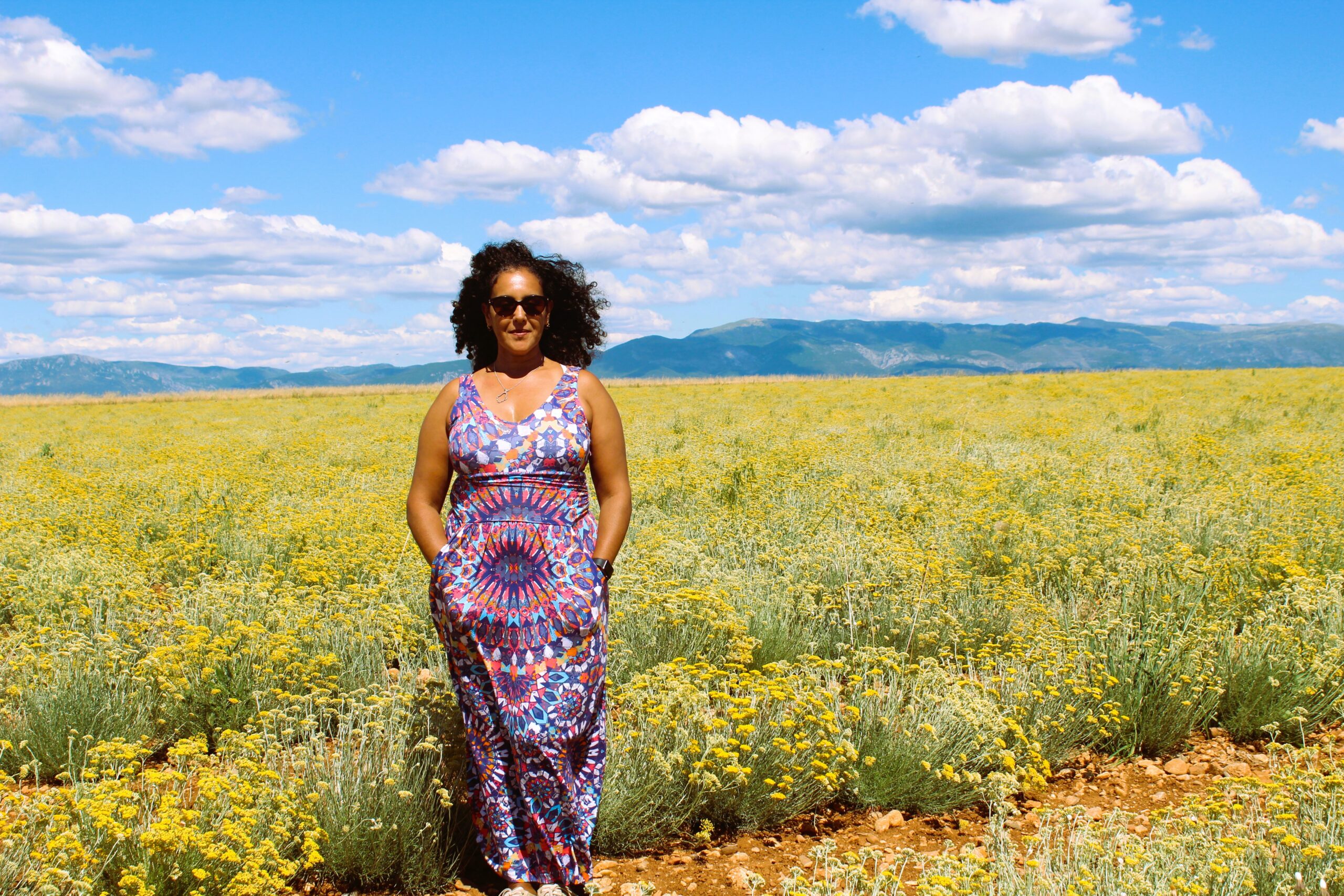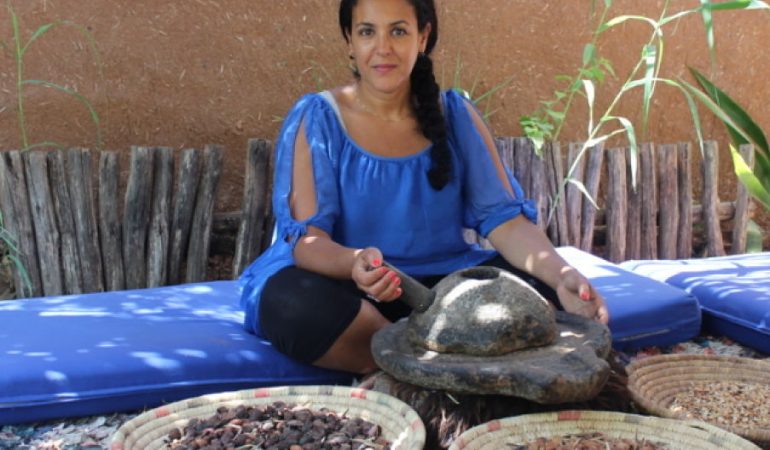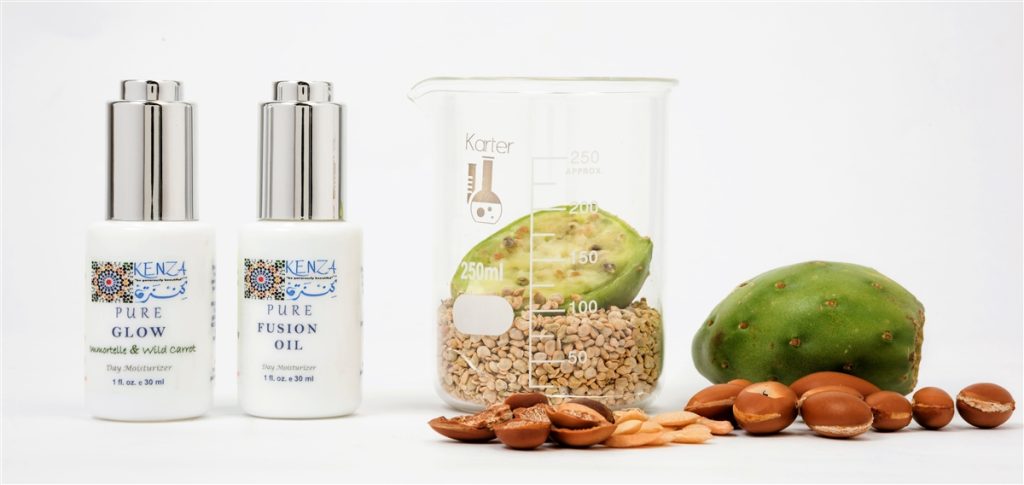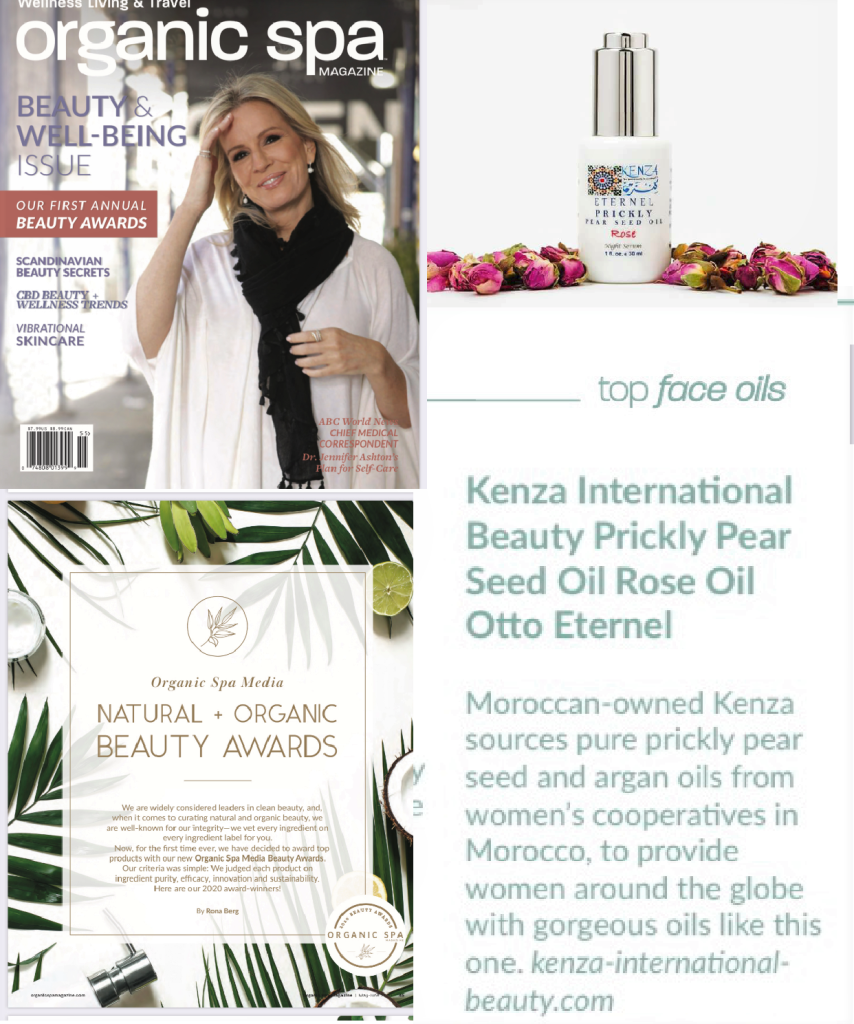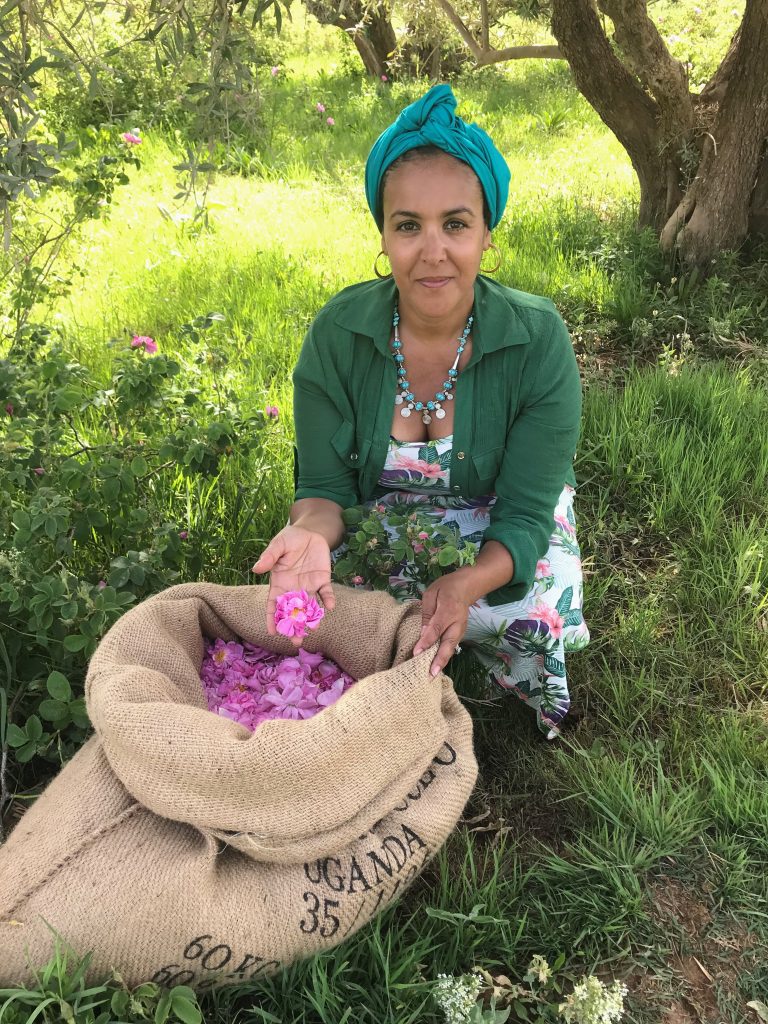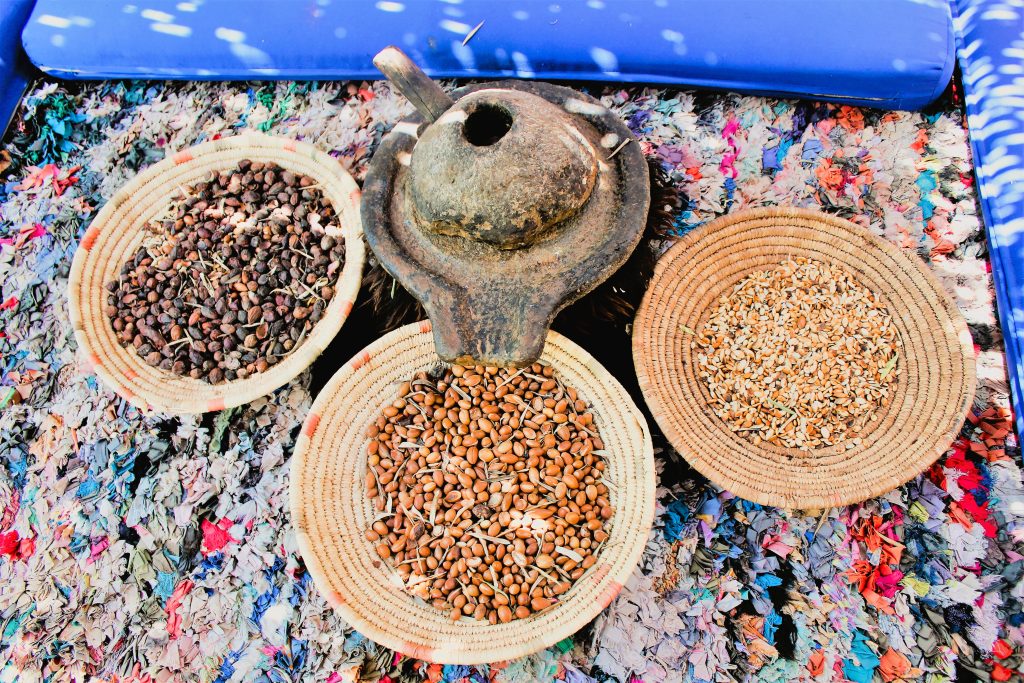Back in 2012 when I started my self-funded beauty brand with the purpose of showcasing the pure beauty of authentic Argan Oil from my native country Morocco, I had the audacity to include one of the most expensive plant-based oil in the beauty industry: Prickly Pear Seed Oil from Morocco. Yes, that was in 2012 and it was a huge financial risk. {Read my latest Blog post: Prickly Pear Seed Oil Skincare Trend of 2022…Well we Knew It Since 2012)
I didn’t offer it in facial oils, hair oil, and soaps just to follow a trend but rather to finally solve skin and hair care issues that many mature women had. (read my personal journey in my Blog).
The beauty industry and media were just trying to figure out what Argan Oil was back then, so I understand why they never reached out or had the curiosity to learn more about Prickly Pear Seed Oil, and what my innovative indie beauty brand was doing.
ELLE Magazine: ” Why We Recommend Putting Cactus All Over Your Face” in 2015, and Organic SPA Magazine: “HOT Ingredient” in 2014, were the first to shine the light on this precious beauty oil.
Ten years later in 2022, when suddenly Prickly Pear Seed Oil is buzzing as a skincare trend, I am still waiting and wondering why I have been snubbed all these years. It could be that my humble social enterprise would rather spend money on improving, empowering, and supporting social change for women than paying to be included in an article. Or maybe that my name Khadija and brand name KENZA be generously beautiful™ were too exotic.
I do get it.
I certainly didn’t need publicity from beauty magazines and media outlets to succeed in offering a luxury Slow beauty brand that is still going strong in this very competitive world. I succeeded to have several beauty brands including my Moroccan oils: Argan and Prickly Pear Seed Oil in their products, as I became a wholesale supplier, and watched with pride seeing their brands being noticed by these beauty magazines.
As a female, immigrant, entrepreneur, offering ancestral beauty ingredients that are part of my culture, traditions, I am less taken seriously or simply not included in the same league as other mainstream brands for whatever reasons.
Here is another article by Organic SPA Magazine: ” Global Glow”
Born in Morocco and raised in the south of France, when Khadija Fajry witnessed the start of the argan oil craze in the U.S., she wanted to bring the real deal to her adopted country, so she founded Kenza International Beauty, a natural skin, hair, and body care line.
Last year after the uprising against discrimination and social injustice, we saw a movement taken by many in the mainstream beauty industry to include more Bicop (Black, Indigenous, People of Color) brands. It was kind of cool to do that. But isn’t it time to be treated as just brands and not Bicop brands? We shouldn’t wait for an open social injustice wound to bring attention to Bicop brands. These brands have been present with their innovations, creations, talents, originality, and diversity for a long time but yet somehow the industries always look into one side only. The change has to come from a space of genuine ethics to recognize the value, richness, and diversity of these brands as just brands without assigning an etiquette to differentiate them and trying to make them feel good when a social, or cultural event is trending.
Personally, and as a Luxury Slow Beauty brand CEO, I do not want to be included based on the color of my skin or my ethnic background just to fit an ephemeral social or political agenda. I want to be included for my expertise, the quality of my beauty products, the premium natural ingredients I offer, and the diversity richness I add to the global beauty industry.
After all, where do all the natural ingredients used by the mainstream beauty brand come from?
Why do we have to be put in a category, a different box, and not in the same pool?
As an indie beauty brand do we have to be bought by a large beauty corporation like L’Oréal or Estee Lauder to be taken seriously? Or your name has to be Rihanna Fenty.
These are all the questions I asked myself as I enter the tenth year of holding my small social enterprise business and my head high with pride.
Feel free to share your feedback with me and the community as I might not be the only diverse brand dealing with these feelings.
